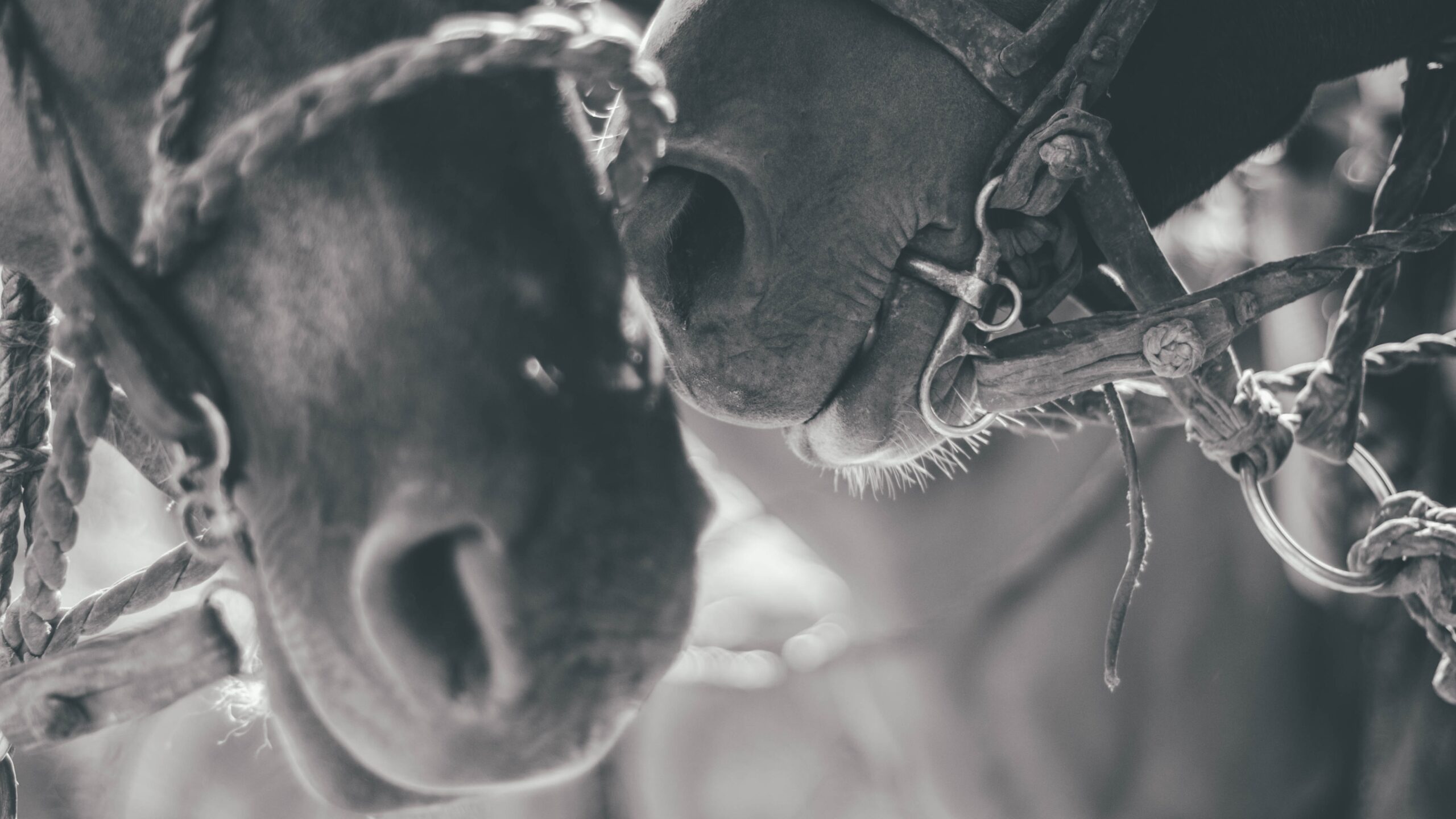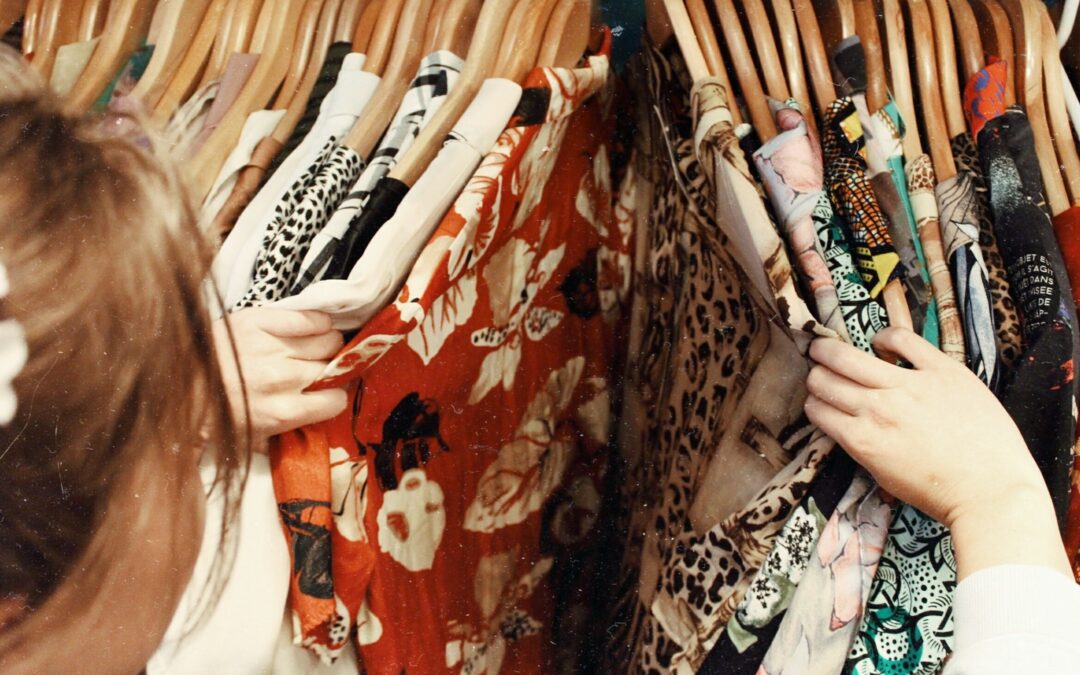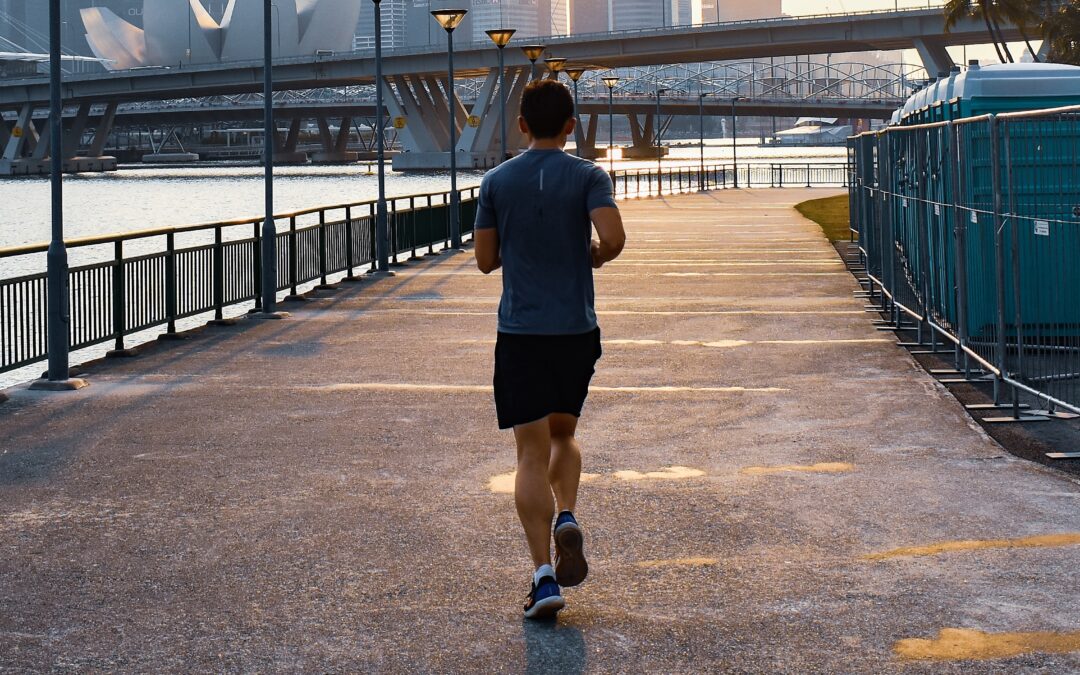Covid-19 saw an outpouring of community-led support in which 9 million ‘volunteers’ stepped forward to help out. As part of our Active Neighbours work, we’ve been interviewing people to uncover the stories behind the statistics. Here, we present Marie’s story.

Background
Marie lives with her husband and their young child. There are just two adjacent properties and no shops, footpaths or street lights where she lives, which makes Marie reflect on the difficulty some people must face in getting around.
She works full-time as a project and change manager and has been working throughout the pandemic from home. For 5 months her little boy was at home with her while her husband, who is classified as a key worker, continued to go into work. It was challenging to juggle work and childcare and she would have liked to have had the time to focus entirely on her son but her work has been flexible and she’s grateful that she’s been able to “work when I needed to and play when I needed to”.
Throughout lockdown, Marie felt grateful for the fact that her family was healthy, financially secure and could explore the outdoors safely in the lovely weather. Whilst there were challenges with juggling work and parenting, she reflects that others had it much worse.
Attitudes to British citizenship
Marie views good citizenship as abiding by the rules and “doing right by other people”. She sees herself as a good citizen, recounting a time when she ran after a man who dropped a lot of money in a petrol station. She didn’t manage to catch the man so instead handed in to a police station where it was ultimately returned to its owner.
“My prejudices and opinions would say not – there are pockets of good citizenship but not generic good citizenship”.
She describes herself as being quite ‘passive’ when it comes to politics and feels that the government “probably did the best they could” and with “good intentions” in how they responded.
History of volunteering
Marie is hesitant in answering the question of whether she has previously volunteered. She asked me to clarify whether helping the Pony Club on an unpaid basis counted. Having agreed it does, she tells me she’s helped organise events for them for many years, compelled by having spent a lifetime riding and wanting to give something back. She’s acutely aware of how many people it takes to run an event and how under-resourced something like the Pony Club is.
Volunteering during Covid
“It just felt easy. It felt obvious – if we could help then we should.”
At the start of lockdown, Marie contacted the local councillor asking if he knew of any local residents who needed support. She recounts bursting into tears in the supermarket on finding there were no bananas (her little boy eats a banana for breakfast every morning) and how much worse it must be for those who are less mobile when they can’t get hold of the things they want and need. This experience – along with a general awareness of the elderly demographic that makes up her local area – prompted her to want to provide practical support where it was needed.
The local councillor put her in touch with a woman nearby who was setting up a community scheme to support local residents. They exchanged email addresses and Marie was added to a Whatsapp group where local residents could put out calls for support and the community group coordinated a response. Residents could request support with their shopping, going to the post office, or a chat on the phone.
Marie remarks that ‘this was exactly what I was looking for’ – an opportunity to help out with practical tasks that don’t take up too much time and which can be done around work and childcare commitments.
Having signed up, Marie never actually got called up to help. She hasn’t been given any feedback or communication about why this was the case but assumes it’s because there were other people who lived closer to those who needed help – or who already knew them – who completed the tasks. When asked how this made her feel, she doesn’t express a strong reaction. She says she didn’t expect to be super busy with it and didn’t worry about not being asked to do something to help. Reflecting for a moment longer she says. “there might be a little bit of disappointment – it might have given me a bit of variety, something different to do other than being a Mum and working”.
She goes on to say that the local volunteering effort got somewhat ‘overtaken’ by the local pub delivering lunches twice a week. This was funded by the council and was something that could be quickly scaled, measured and reported on. Marie doesn’t feel any resentment towards this, taking a pragmatic view that the “if that was the need then that was probably the best solution”.
Looking to the future
A key restraint for Marie is time: she describes herself as a busy person but also notes that “busy people tend to find more time”. She says that she would volunteer again if the need arose, but that the opportunity would need to come to her – she doesn’t have time to go out looking for volunteering opportunities. She’d do something that is time-bound and not a big drain on her time; volunteering one evening a week at the proposed community shop, for example.
“Volunteering shouldn’t have parameters wrapped around it – you shouldn’t have to do x, y, z to be a volunteer.”
This story sits within our Active Neighbours work. To find out more about the different types of Covid volunteer, their motivations, experiences and needs, take a look at our Field Guide.
Read more

Active Neighbours – Wendy
“[It’s] the feel good factor of helping people – it’s that thought: ‘oh I’ve just done something good today for people.’ And it’s just seeing people smile […] sort of grateful because you’ve helped them in some way.”

Active Neighbours – Nick
“I saw that there was an NHS Responder app. I saw that, and […] I just wanted to get involved and kind of help out and do what I could – because I saw the NHS and all the lengths that everyone was going to […] And I saw quite a few community efforts on Facebook and I thought it was something I could do to help out with.”
